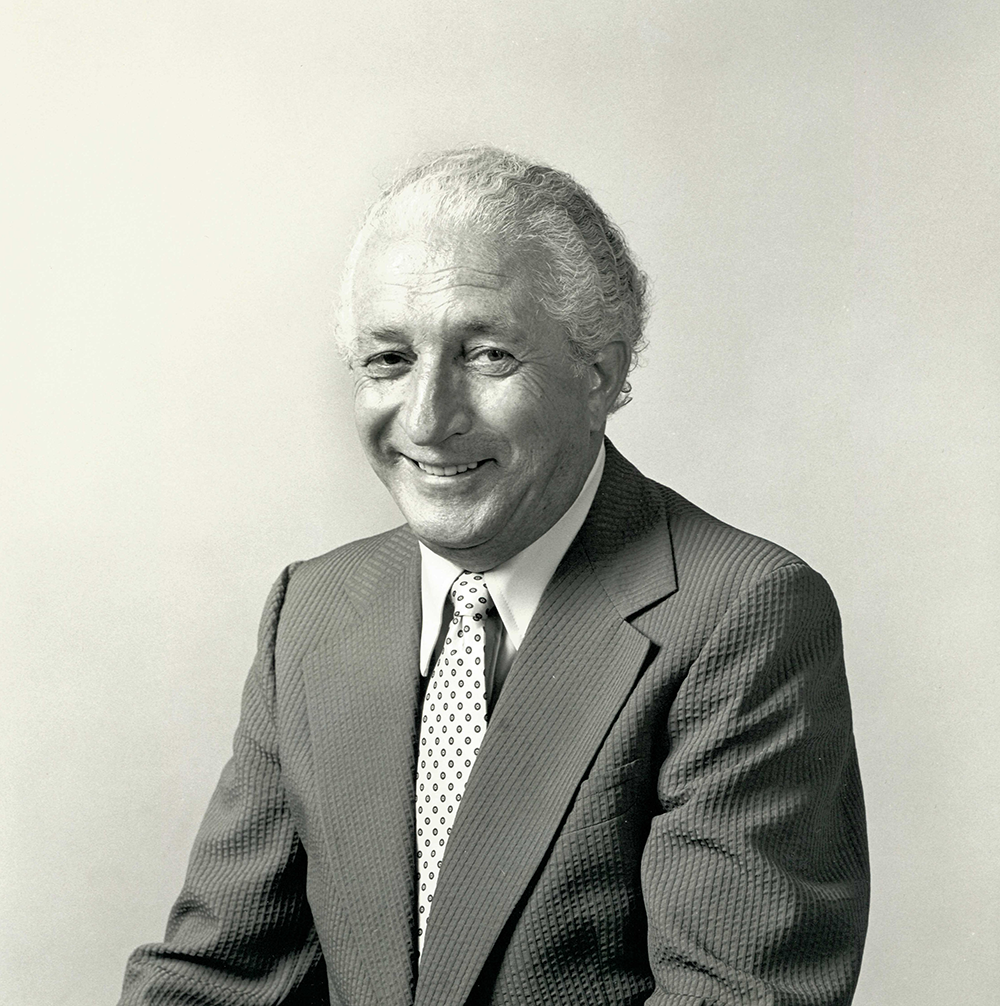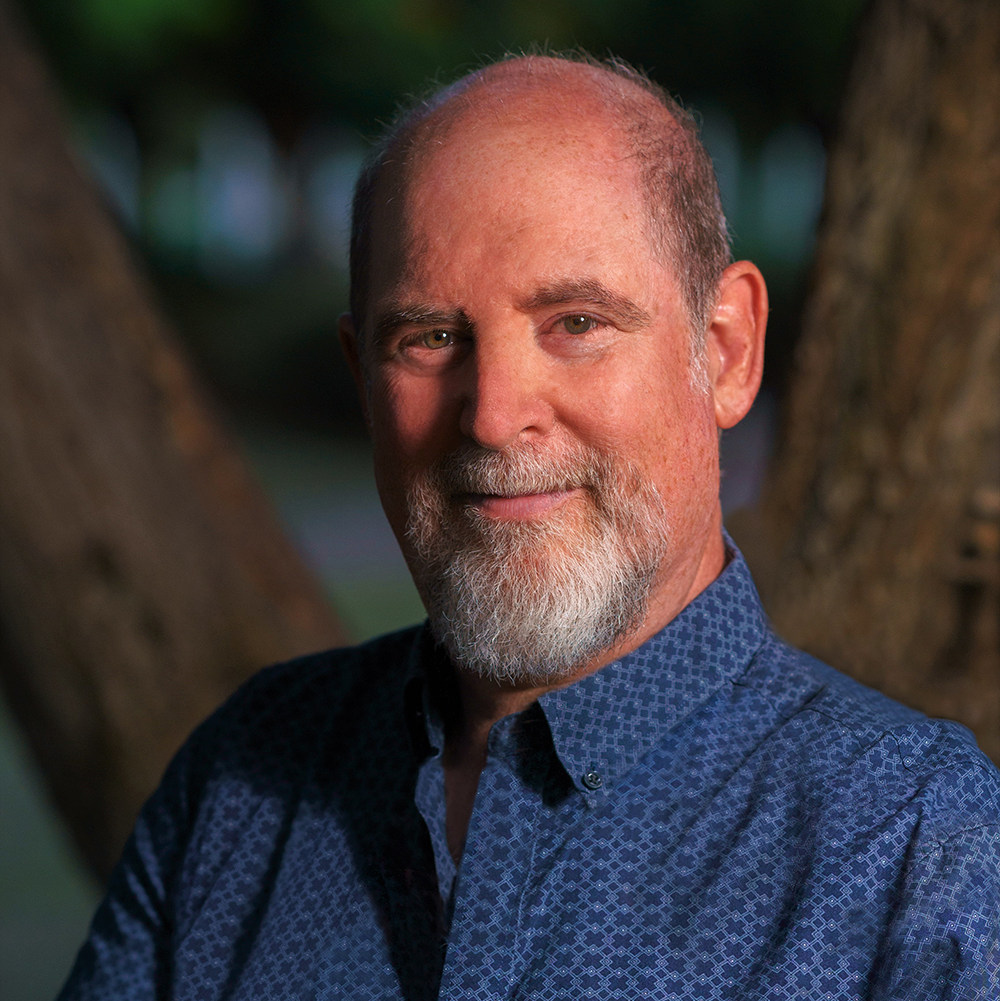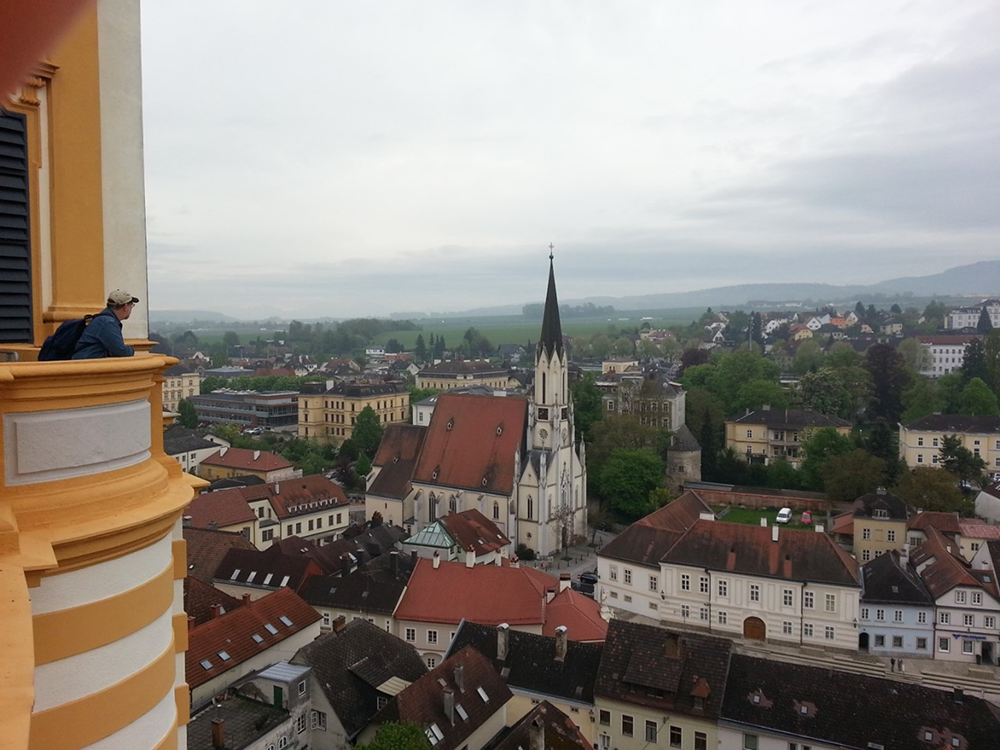MEET THE AUTHORS

Harry Lenga
Harry Lenga was born in 1919 to a family of Chassidic Jews in Kozhnitz, Poland. After surviving the German ghettos and camps with his brothers during World War II and liberation by the U.S. Army, he came to the United States in April 1949. Harry lived with his wife and three children in St. Louis, where he worked as a watchmaker for nearly thirty years before he retired. In 1998, he moved with his wife to Israel. Harry died on January 2, 2000, at the age of eighty.

Scott Lenga
Scott Lenga is the son of Harry Lenga. He holds a BA in economics from UC Berkeley and a law degree from UCLA. He is married with three daughters who grew up listening to stories about the grandfather they never really knew. He lives in Israel, where he provides legal services to emerging technology companies.
A CONVERSATION WITH SCOTT LENGA,
CO-AUTHOR OF THE WATCHMAKERS
Why did you choose to write The Watchmakers in your late father’s first-person voice?
Nobody would be able to tell my father Harry Lenga’s story the way he could. His simple, straightforward voice has graphic power and deeper meaning that would have been lost in a third-person narrative.
Although I am a “co-author” of The Watchmakers, I am really more of an audience-editor. I am the audience because my father’s voice in this book is telling his extraordinary life story to me, his son, as he did in our 37 hours of interviews. The reader steps into my shoes to hear the story. I am the editor because at every stage, my methodology was to preserve my father’s narrative and style of communication and to minimize my footprint. My creative input was limited to compiling a large volume of mini-stories and story snippets into an easily readable chronological narrative.

What is your favorite part of the book?
I love the first two chapters about the tragedies of my father’s childhood in the Chassidic community in Kozhnitz, Poland in the 1920s and 30s. We come to understand the charm of his outward character and the pain of his inner world as a kid before he faces the chaos of war and the German occupation of Poland as a young man in his early 20s. Moreover, the story of my father’s childhood shines a rare light on the Jewish life and culture that developed over 1000 years in Poland, with a zoom lens on impoverished depression-era tradesmen in the years before the Jewish presence was uprooted from Poland and systematically destroyed by Nazi Germany in a five-year period.

What was the key that enabled your father and his brothers to survive?
When my father strung together all of the events and looked at the big picture, he said it was more luck than brains. But if he was describing how he survived on any particular day, it was about seeing a small window of opportunity (a spark of humanity in the eyes of a murderer) and having the guts, the brains, and the optimism to act on it.
Beyond that, he was serving the higher purpose: keeping an oath to stay together with his brothers. He never allowed his spirit to be broken. I am answering only from my father’s perspective because I never had the chance to ask his brothers this question.

How did your father relate to the issue of God and Holocaust?
He left it as an open question with a sad smile and a shrug of his shoulders. The question was important to him. The answers that people offer? Not so much.
What can you say about the importance of watchmaking in the story of your father and his brothers?
In the world of the German slave labor camps and even Auschwitz, watchmaking gave them a hand they could play to influence their fate. Plundered watches were pilfered and coveted and traded by the German overseers in the black-market economy of the camps. As it happened, the vast majority of the watchmakers in Poland were Jews. Many of them would have been older men, or killed, or without the tools or personality traits to function in the oppressive labyrinth of the camp economy. My father and his brothers were young men with skills, tools, and an entrepreneurial spark that were all woven into an unrendable fabric of family ties.

